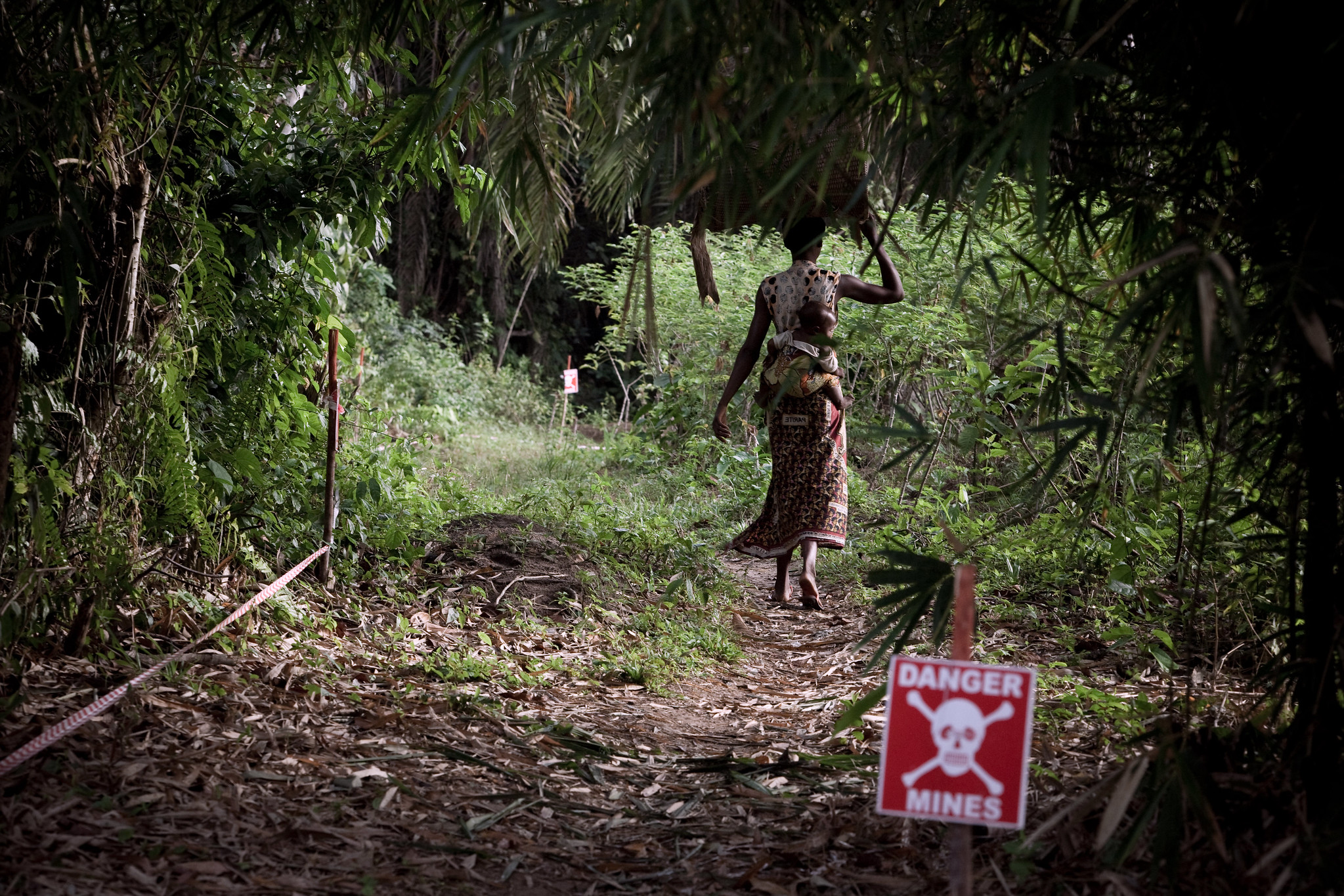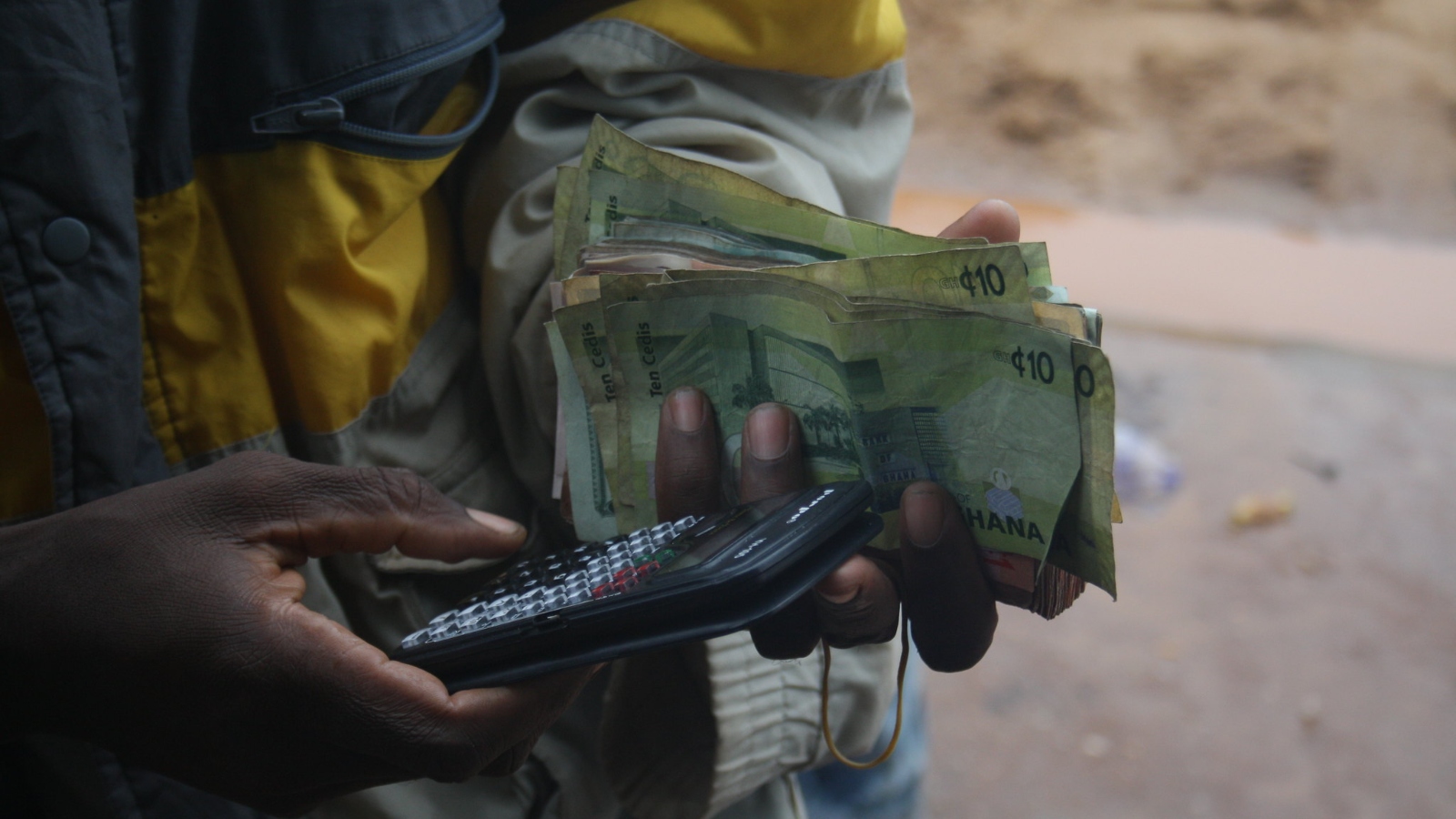The movement to decolonise African knowledge systems has roots etched deep in history, which seeks to address the Eurocentric hegemony of academia and shed a light on its conscious and unconscious biases. These enduring approaches to knowledge production stifle the research process and how people contribute to that research. Research assistants in the global South are increasingly included in this discourse, with calls for a better consideration of their abilities, a proper respect for security precautions when working in conflict settings and their greater visibility in the process of research.
This post was produced as part of the ‘Bukavu Series’, a series of blogs highlighting the violence that persists in the process of academic knowledge production.
Translation by Sara Weschler
Research assistants are involved in many types of research frameworks, such as studies initiated by both national and international non-governmental organisations, universities in both the global North and global South, and by individual researchers pursuing their own projects. Often, research assistants play a key role in shaping the dimensions of a project, through facilitating access to the research area, interacting with participant populations during data analysis, and many others. However, one dimension that has still received insufficient attention is that of the contracts used to engage these assistants in research work.
In the context of studies that make use of research assistants, most contracts or arrangements are drawn up on a volunteer or informal basis. As a result, research assistants are often left without a clear path for redress if a dispute arises.
Even in cases where there is a formal contract, there can still be gaps in its content. A number of researchers working in conflict zones have shown that financial provisions for unforeseen circumstances in the field are often inadequate, or at times even non-existent. For example, some fellow research assistants have reported that at times they have been obliged to reach into their own pockets in order to cover field expenses for which they were not able to get reimbursed afterwards.
Moreover, research contracts rarely include any sort of clause about researchers’ physical safety, much less their mental well-being. Responsibility for these aspects of the work falls entirely to individual researchers themselves. As one female researcher told us, ‘During one study in Walungu, I signed a research contract, but it included nothing about my safety, or a risk allowance. We had to go into ‘red-zones’ at our own peril.’ In the event of trouble, local researchers often feel very much abandoned. They also do not know what the project coordinator will be willing to defray if, for example, a given situation causes them to incur costs. For instance, a fellow research assistant told us how once, while returning from the field, he found his way blocked by an armed group. Having no other choice, he had to pass through the front-line because he did not know if the project employing him would cover the (relatively considerable) costs of rerouting his journey along a safer route.
Then also, beyond the contract, the agreements that bind the two stakeholders are not always necessarily respected. Often the researcher, even as one of the signatories, does not get to keep a countersigned copy of the contract. One researcher gave the example of a study commissioned by an NGO with which he was involved. He and his colleagues were kept on the project for six months, but without a signed contract. In the end, they were ultimately paid for only a single month. Other project coordinators have local researchers sign fake contracts. As one colleague revealed to us, ‘We had been involved in a lot of research projects and sometimes we worked as volunteers. After we turned in our reports for payment, the sponsors told us to wait till our reports could be validated. But in the end we were never paid.’
Finally, several local researchers criticise the power imbalance that colours research relationships in conflict areas. Since studies often involve short-term research engagements, and since there is a great deal of competition for a limited number of jobs, researchers have very little room to manoeuvre when it comes to negotiating better contract conditions.
These accounts are not merely anecdotal. They bear witness to a broader issue that deserves attention. Now that more and more studies are focusing on the ethical and emotional challenges that research assistants face, sponsors should also take into account the question of the research contract. The restructuring of power relations between the parties that commission studies and the research assistants involved in these studies must not be limited to symbolic gestures. Rather, it must include the creation of contracts that are transparent, reliable, and fair.
Photo: Focus group discussion with women non-participants in Lemo. Credit: ILRI\ Annet A. Mulema) Attribution-NonCommercial-ShareAlike 2.0 Generic (CC BY-NC-SA 2.0)





